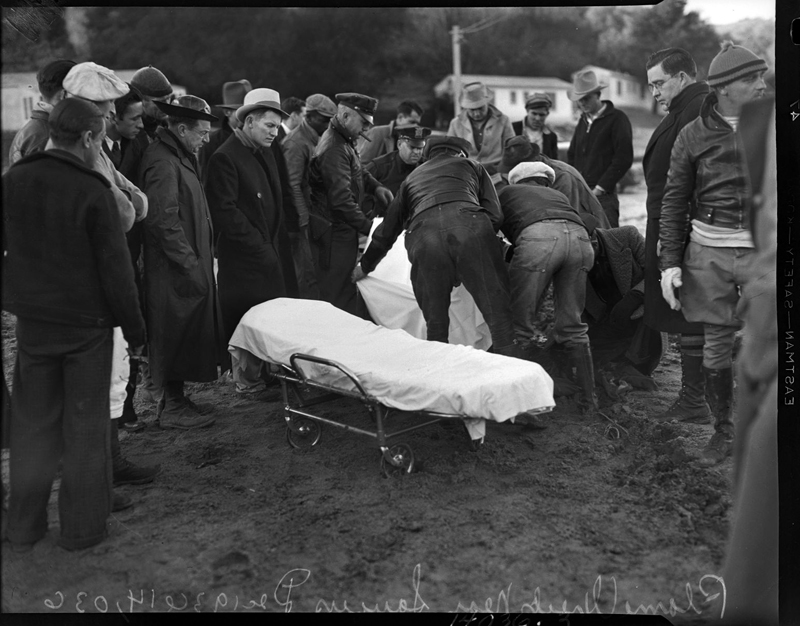California State University, Northridge has partnered with the Clinton Global Initiative to challenge students to draw upon what they’ve learned in the classroom to create innovative plans for addressing some of the world’s more pressing issues.
CSUN students have until Dec. 1 to come up with ideas to address issues in one of five areas: education, environment and climate change, poverty alleviation, peace and human rights, and public health. At least one student will be invited to join other college students from around the globe for a meeting next spring with former President Bill Clinton, to network and talk about how they can make a positive difference in the world.
“It will be amazing to see what these students can do when their imaginations are unleashed,” said Elizabeth Say, dean of CSUN’s College of Humanities, who is heading CSUN’s participation in the initiative. “The students have an opportunity to take what they are learning in the classroom and make a difference in the world.”

This is CSUN’s first year as part of the Clinton Global Initiative’s university effort. The initiative, established in 2005 by President Clinton, convenes global leaders to create and implement innovative solutions to the world’s most pressing challenges. The Clinton Global Initiative University was launched in 2007 as a way of engaging the next generation of leaders on college campuses around the world.
College students are invited to create their own “commitments to action” that address issues on campus, in their local communities or around the world. They must come up with detailed plans on how they will take concrete steps toward problem-solving in one of the five identified areas. The projects can be done individually, or by a small team of students from colleges around the world or at the same university.
“The areas [encompassed by the initiative] are pretty broad. They truly open the doors to all kinds of possible projects,” said Spanish and linguistics professor Kenneth Luna, who is CSUN’s campus mentor for the initiative.
 Past “commitments” from students at other universities included a soccer ball that generated energy, a mobile app that identified counterfeit drugs, a post-conflict sports league and a mentoring program for first-generation college students in science, technology, engineering and mathematics fields.
Past “commitments” from students at other universities included a soccer ball that generated energy, a mobile app that identified counterfeit drugs, a post-conflict sports league and a mentoring program for first-generation college students in science, technology, engineering and mathematics fields.
“The students don’t have to come up with solutions for problems half a world away,” Luna said. “If they want, they can come up with solutions for problems right in their own backyard. The key is coming up with an idea and following through.
“What’s unique about this effort is that it is entirely student driven,” Luna continued. “The students are the ones who come up with the idea, do what networking is required, gather their resources and follow through on seeing their ideas come to fruition. The faculty are there to serve as mentors and provide guidance. It empowers the students to make a difference.”
Luna said he has been amazed by some of the projects past students have created.
“They are proof that when students are passionate about something and want to make it happen, they can do it,” he said. “When I look around our campus and see our students, I know that they have the capability of doing amazing work. The potential is there. They can change the world. They just need to put their minds to it.”
Like this:
Like Loading...
Related





 Tweet This
Tweet This Facebook
Facebook Digg This
Digg This Bookmark
Bookmark Stumble
Stumble RSS
RSS


































REAL NAMES ONLY: All posters must use their real individual or business name. This applies equally to Twitter account holders who use a nickname.
0 Comments
You can be the first one to leave a comment.